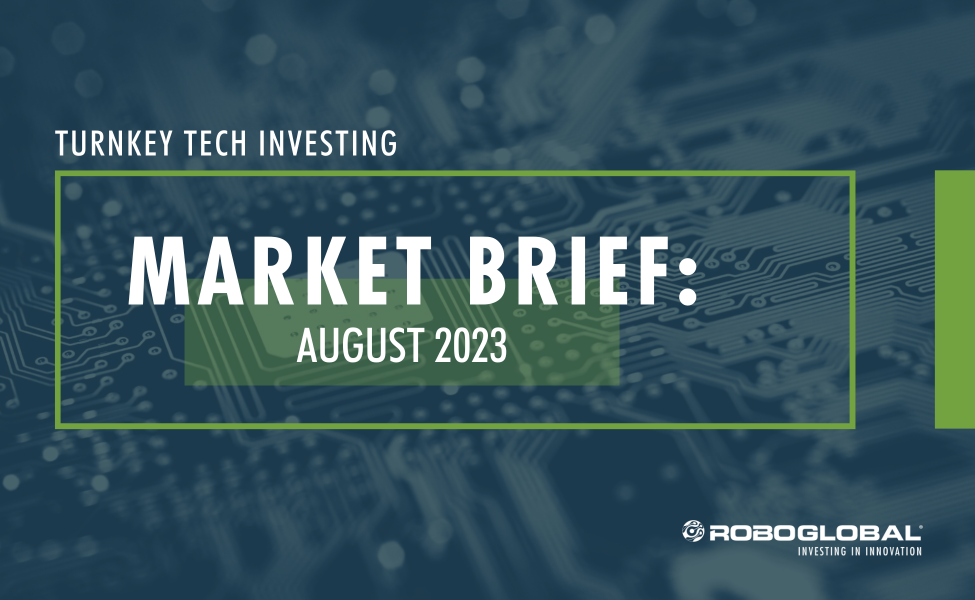It should come as no surprise that the Trump Administration put the brakes on a takeover bid of Qualcomm by Singapore-based Broadcom on Monday on the grounds of national security. The decision is about much more than trying to win the race toward dominance in artificial intelligence. While AI is certainly an area that is poised to impact every area of the supply chain for nearly every industry around the globe, what Qualcomm has to offer is much bigger—and the potential to take it out of the hands of the US could change the course of history.
As the leading American chipmaker, one of Qualcomm’s most highly touted projects is its all-important 5G network—an ultrafast mobile network that touches every aspect of tomorrow’s robotics, automation, and AI-driven world. 5G is the tool that will be used to connect everything to the internet. And not just computers and mobile phones.
Nearly two decades ago, sociologist Neil Gross was spot on when he made a prediction that, at the time, seemed more rooted in science fiction than the real world: "In the next century, planet earth will don an electronic skin. It will use the Internet as a scaffold to support and transmit its sensations." Perhaps even he didn’t grasp how far this evolution would transpire—and how fast.
Seemingly overnight, technology and AI has become part of our every day lives.
- We use smartphones not just to communicate, but to remotely monitor and manage home appliances, navigate the fastest route to work, and then locate a parking space once we’ve arrived.
- We use apps and smart watches to track our exercise, monitor our health, and remember to take critical medications.
- Cities use the internet to control streetlights, monitor utility consumption, and test the integrity of bridges and other foundational structures.
- Industry uses robots to drive productivity and reduce costs (think Amazon and its use of Kiva robots); internet-enabled apps and sensors to support smarter farming using agricultural robots to test and manage moisture and nutrient levels in soil; and medical robots to create better patient outcomes through robot-assisted surgeries, wearable health monitors, and other major healthcare innovations.
- Driverless cars have finally become a reality—an advancement that promises to dramatically reduce the cost of transportation as we know it.
Each of these innovations relies on one thing: fast, reliable Big Data. We’re in the early stages of a new world order, and every aspect of it depends on access to the mobile network that will manage the nearly unimaginable explosion of Big Data that is charging toward us at full speed.
The race is on, and China was the first to publicly throw down the gauntlet. Three years ago, China’s central government announced its ‘Made in China 2025’ initiative aimed at remaking its industrial sector into a global leader in high-technology products and advanced manufacturing techniques. Heavily subsidized by the Chinese government, the program is focused on generating major investments in Industry 4.0 technologies. Last summer, China upped the ante yet again, announcing plans to become the world’s dominant power in all aspects of AI—military and otherwise—by 2030. Looking at the pace of progress, it seems China is a serious contender:
- Robot density. China’s strategy has already produced stunning results. In 2017, China claimed 30% of the global demand for industrial robots. According to the International Federation of Robotics (IFR), the average of global robot density rose to 74 robots for every 10,000 employees in 2016. While it has not attained leadership yet, IFR stated that China’s growth was “the most dynamic in the world” with significant growth in robot installations between 2013 and 2016. In that span, China more than doubled robot density—from 25 units in 2013 to 68 units in 2016. Even more, China has set an aggressive target of 150 units per 10,000 employees by 2020.
- Robotic warships. China recently announced plans to open the Wanshan Marine Test Site—the world's largest facility for unmanned ship research. Spanning 225 square nautical miles of water and islands, the site will be equipped with satellite navigation, electro-optical sites, sonar, and data links.
- Cloud-based AI. Alibaba is one of China’s most successful e-commerce companies. Its primary ambition: to become a global leader in providing cloud-based AI. The company’s top competitors include Tencent and Baidu, both of which are also investing heavily in AI research. These and other companies in China’s fast-growing AI industry are focused on dominating AI research and products by 2030.
China is committed to quickly working toward its goal of becoming an ‘automation nation,’ and many suspect that the Broadcom bid represented one more piece in a complex strategy to win the race for global AI dominance.
If the impact of the Middle East’s control over global oil supply taught us anything, it’s the importance of gaining and maintaining access to our vital resources. In the 20th century, oil was industry’s primary fuel. The governments that controlled that precious resource benefitted greatly. In the 21st century, whoever controls Big Data will wield even greater power.
As a US tech leader, Qualcomm plays a key role in not only enabling the “electronic skin” that fuels today’s tech-driven world, but also in ensuring the US retains control over of the massive amounts of data flowing through its 5G network.
Regarding the Broadcom bid, Senator Tom Cotton, Republican of Arkansas, said, “Qualcomm’s work is too important to our national security to let it fall into the hands of a foreign company — and in a hostile takeover, no less.” In a letter that called for a review of the potential deal, a Treasury official wrote, “Having a well-known and trusted company hold the dominant role that Qualcomm does in the telecommunications infrastructure provides significant confidence in the integrity of such infrastructure as it relates to national security.”
One foreign company that was at the top of the government’s list of potential benefactors from the deal is Chinese telecom-equipment giant Huawei. The company has already made significant investments on its own 5G network and reportedly owns 10 percent of the essential patents.
Ultimately, whoever has control of 5G has control of our lives. If the US wants to remain a superpower, maintaining that control is mandatory. If ever there was a time for protectionism, this is surely it.
By: William Studebaker, President and CIO, ROBO Global





